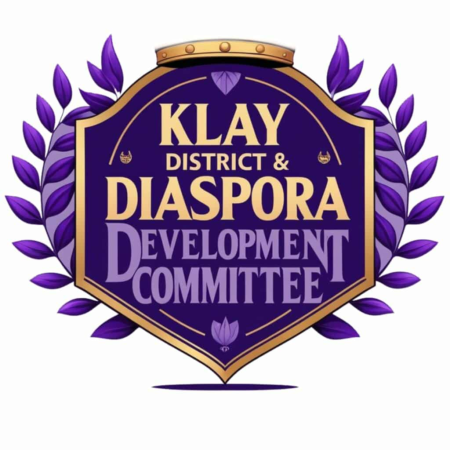The Nigerian medical community is in an uproar over a recent circular issued by the Federal Government concerning the review of allowances for medical and dental officers. Doctors in Ekiti and Ondo states have vehemently rejected the circular, labeling it “obnoxious” and a violation of existing collective bargaining agreements. The core issue lies in the perceived disparity in remuneration between doctors and other healthcare workers, a disparity that the new circular allegedly exacerbates. The Nigerian Medical Association (NMA) chapters in both states have issued strong warnings, aligning themselves with the national body’s 21-day ultimatum for the government to rescind the circular. Failure to comply, they warn, could trigger a nationwide strike, further crippling an already strained healthcare system.
The NMA’s primary contention is that the circular undermines the established principle of salary relativity between doctors and other healthcare professionals. This principle, enshrined in previous collective bargaining agreements, ensures a balanced and fair compensation structure across the healthcare sector. The doctors argue that the new circular disregards these agreements, creating an unfair imbalance and devaluing the crucial role doctors play in the healthcare system. This perceived devaluation comes at a time when Nigeria is grappling with a significant brain drain, with many medical professionals seeking better opportunities abroad. The doctors believe the government’s actions will only exacerbate this exodus, further depleting the nation’s already scarce medical resources.
The current situation is further complicated by the broader context of Nigeria’s healthcare system. Doctors are facing immense challenges, including poor remuneration, heavy workloads, and a backlog of owed arrears. The NMA argues that instead of addressing these pressing issues, the government has chosen to implement a policy that further demoralizes medical professionals. The circular, they contend, demonstrates a lack of sensitivity and commitment to the well-being of healthcare workers, especially considering the ongoing “Japa syndrome” – the mass exodus of skilled professionals from Nigeria. This exodus, driven by the search for better opportunities and working conditions, is leaving the Nigerian healthcare system increasingly vulnerable.
Dr. Ifedayo Oreyemi, Chairman of the NMA Ekiti State chapter, has publicly urged the Federal Government to immediately withdraw the contentious circular. He emphasizes that the circular not only violates existing agreements but also underscores the government’s apparent disregard for the plight of medical professionals. Oreyemi highlights the global recognition of Nigerian doctors’ expertise, urging Nigerian leaders to prioritize investment in the nation’s healthcare sector, mirroring the investments made in foreign healthcare systems that Nigerian politicians often utilize. The Ekiti NMA has outlined specific demands, including the withdrawal of the circular and the correction of consequential adjustments in line with previous agreements. These demands, they assert, must be met to avert a nationwide strike.
The Ondo State NMA chapter echoes the sentiments of their Ekiti counterparts, condemning the circular as ill-timed and obnoxious. In a communiqué issued after an emergency meeting, the Ondo NMA expressed solidarity with the national body and called for the immediate withdrawal of the circular. They also demanded a review of the minimum wage, proposing a substantial increase for all medical and dental practitioners. They emphasize the heavy workload and poor working conditions faced by doctors, particularly in light of the “Japa syndrome.” The Ondo NMA has urged senior medical professionals to lend their voices to the cause, amplifying the call for fair treatment and improved conditions. They have also directed their members to be prepared for potential industrial action should the government fail to address their concerns.
The current standoff between the Nigerian medical community and the Federal Government highlights a critical juncture in Nigeria’s healthcare sector. The government’s actions, as perceived by the NMA, threaten to further destabilize an already fragile system. The doctors’ demands for fair remuneration, improved working conditions, and adherence to existing agreements reflect a broader call for a more robust and sustainable healthcare system in Nigeria. The government’s response to this 21-day ultimatum will be crucial in determining the future trajectory of healthcare in the nation. The potential for a nationwide strike looms large, underscoring the urgency of finding a resolution that addresses the concerns of medical professionals while ensuring the continued provision of essential healthcare services to the Nigerian people.














